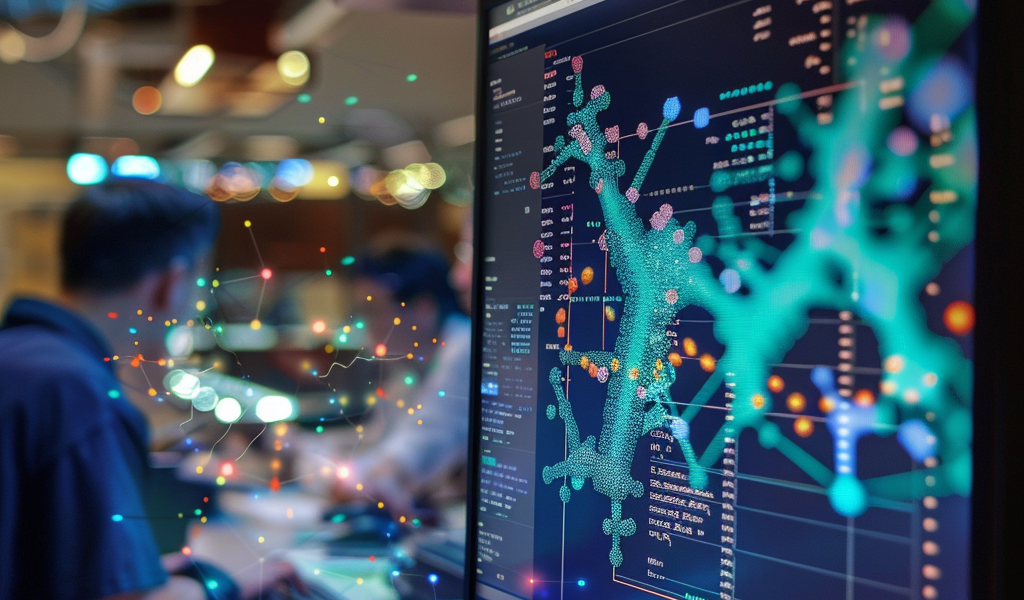University of Washington Researchers Develop AI Program to Design Atomically Accurate Antibodies
Researchers at the University of Washington have achieved a significant breakthrough in the field of artificial intelligence (AI) with their development of a generative AI program capable of designing atomically accurate antibodies. This innovative program has the potential to revolutionize the process of antibody generation, offering a faster and more efficient alternative to traditional methods.
The team of experts at the university’s Baker Lab, part of the UW Institute for Protein Design, successfully demonstrated the AI program’s ability to create antibodies targeted at bacterial toxins, as well as proteins associated with COVID-19, respiratory syncytial virus, and influenza. This development holds promise for accelerating the production of antibodies, a crucial component in the fight against infectious diseases.
By leveraging the power of AI, the researchers aim to streamline the production of biologic therapies, particularly antibody-based treatments. This is a significant advancement, given the projected growth of the antibody-based therapeutics market, which is expected to reach nearly half a trillion dollars over the next five years.
The team’s findings were detailed in a proof-of-concept paper published on the preprint server BioRxiv. The paper showcased the AI program’s capability to generate novel, single-domain antibody fragments known as VHHs. Despite being less complex than conventional antibodies, VHHs retain the ability to bind to and neutralize antigens, offering a more straightforward assembly process from genetic code.
Notably, VHHs are naturally occurring in species such as sharks and members of the Camelidae family, which includes camels, llamas, and alpacas. These antibody fragments have already served as the foundation for approved medicines, including Sanofi’s Cablivi (caplacizumab) and Taisho Pharmaceutical’s Nanozora (ozoralizumab), both developed by Sanofi’s Ablynx subsidiary.
David Baker, Ph.D., the senior author of the paper and director of the Institute for Protein Design, emphasized the transformative impact of deep learning on protein design. He expressed confidence in the potential of computational design to address the crucial challenge of generating functional antibodies, marking a significant milestone in the field.
The development of this AI-powered antibody design model represents a major advancement in the intersection of AI and biotechnology. With its potential to expedite the production of vital antibodies, this breakthrough holds great promise for the future of therapeutic development and disease treatment.





